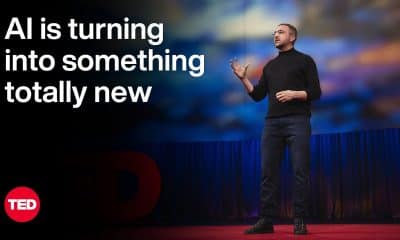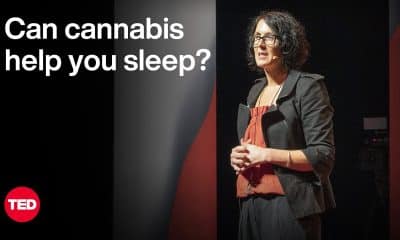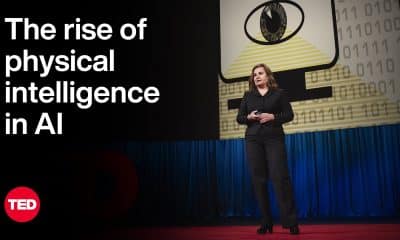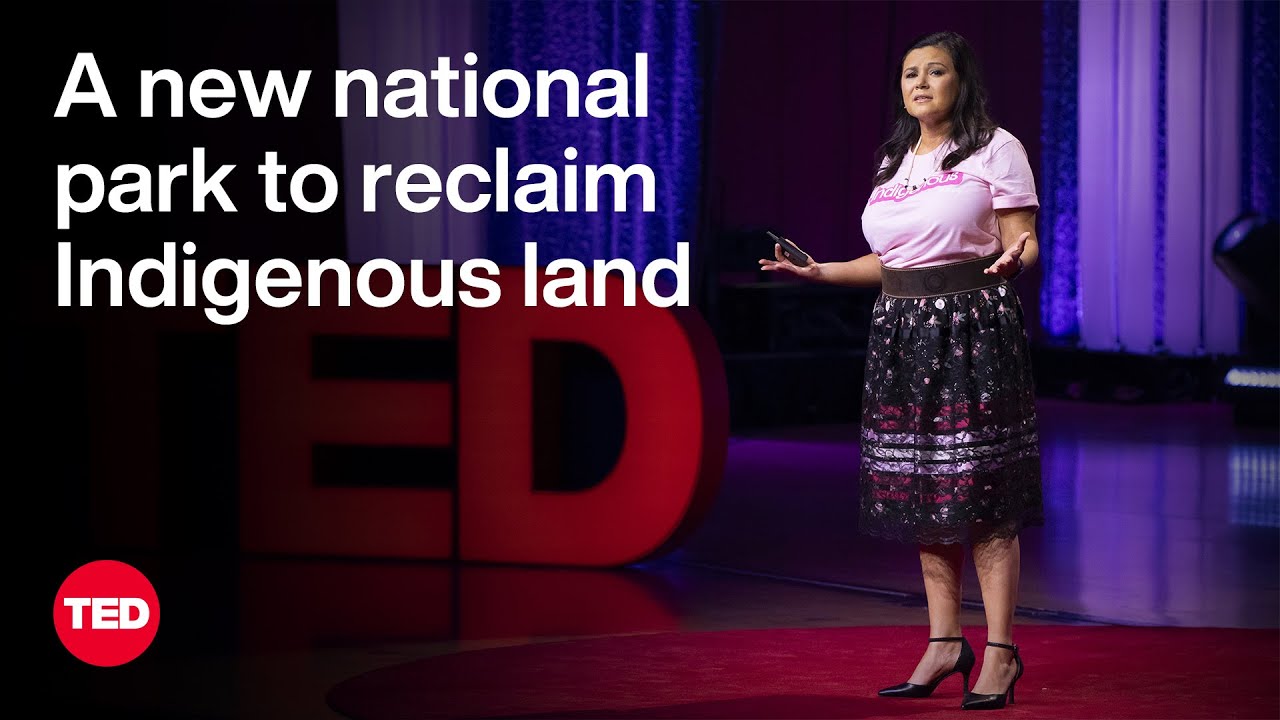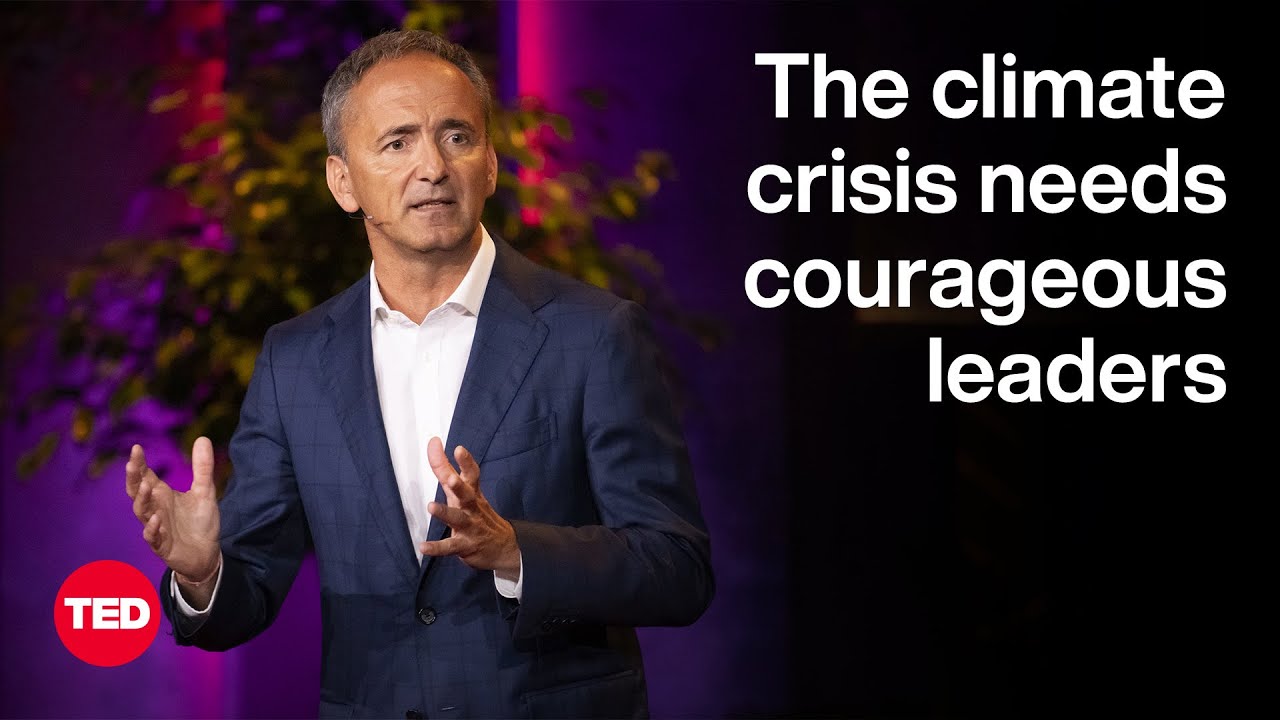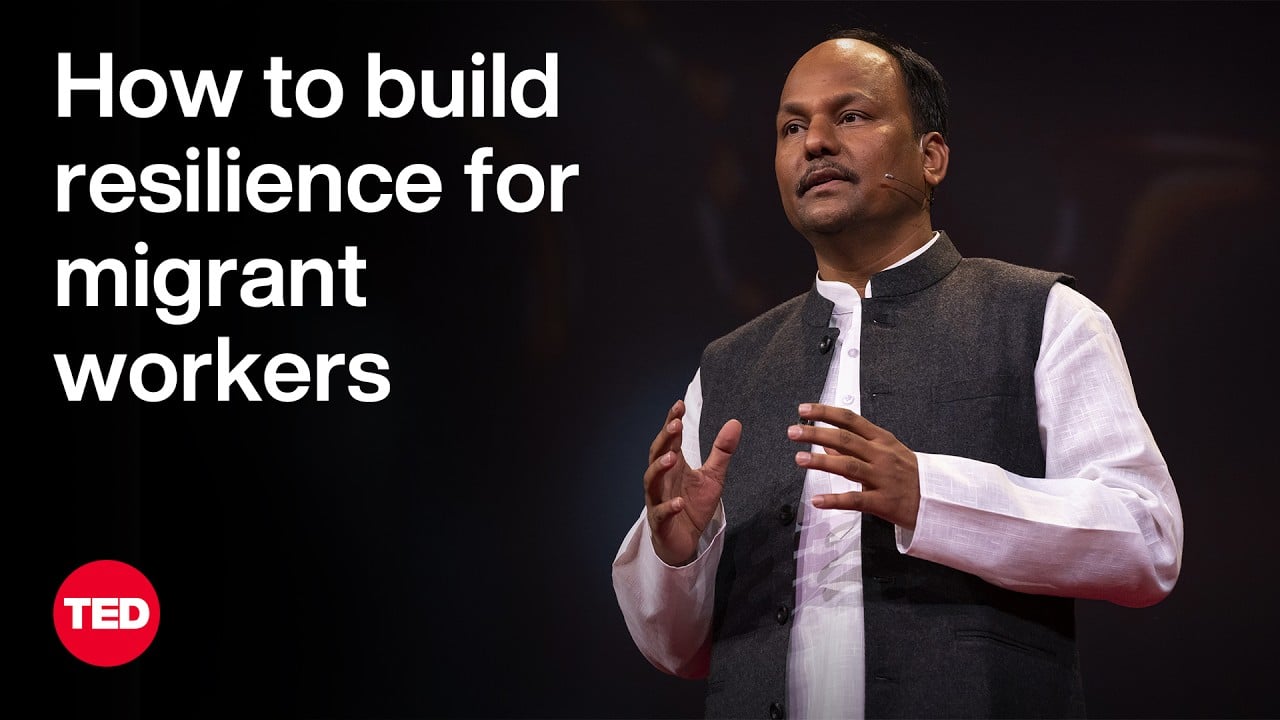Visit to get our entire library of TED Talks, transcripts, translations, personalized talk recommendations and more.
Racism morphs, spreading and hiding behind numerous half-truths and full-blown falsities about where it lives and who embodies it. In this actionable talk, political scientist Candis Watts Smith debunks three widely accepted myths about racism in the US and calls for a nuanced, more expansive definition to support this new era of anti-racist action.
The TED Talks channel features the best talks and performances from the TED Conference, where the world’s leading thinkers and doers give the talk of their lives in 18 minutes (or less). Look for talks on Technology, Entertainment and Design — plus science, business, global issues, the arts and more. You’re welcome to link to or embed these videos, forward them to others and share these ideas with people you know.
Become a TED Member:
Follow TED on Twitter:
Like TED on Facebook:
Subscribe to our channel:
TED’s videos may be used for non-commercial purposes under a Creative Commons License, Attribution–Non Commercial–No Derivatives (or the CC BY – NC – ND 4.0 International) and in accordance with our TED Talks Usage Policy (). For more information on using TED for commercial purposes (e.g. employee learning, in a film or online course), please submit a Media Request at
Transcriber:
When I’m out at the grocery store
or maybe a restaurant
or the park with my son —
he’s six and a half —
people will stop us and mention
that they think that he’s handsome.
I agree.
They’ll use that opportunity
to chop it up with him,
and often when they’re done
talking with him,
they’ll mention that they think
he’s a smart and engaging little guy.
When those people walk away,
the thought that comes to my mind
is that I hope they remember
meeting him as a child
when they see him again as a grown man.
This thought comes to my mind
because I’ve written two books about race
and racism in the United States,
and this kind of work
can produce feelings of pessimism.
One of the things that I’ve learned
is that Americans have
an orientation toward progress.
In this context,
what that means is that we often celebrate
the distance between where we were
and where we are now.
But that same orientation can blind us
from the gap between where we are
and where we could or should be.
The other thing I’ve learned
about Americans
is that we have a very,
very narrow understanding of racism,
mostly in the minds and hearts of people,
usually old people —
old people from the South.
And this really narrow definition
can constrain our opportunities
to produce a more
racially egalitarian society.
We like to hunt for races
and distance ourselves from people who say
mean things about whole groups of people
or who idealize the 1950s.
But the fact of the matter is that
we might just need to look in the mirror.
Now, I’m not saying
that everyone here is a racist,
but what I am saying
is that everyone here has the capacity
and perhaps even the propensity
to live their life in a way,
to make decisions,
to rely on biases
that reproduce racial inequality.
Some people say, “Well, you do all this
work about racism. What’s the answer?”
And I say that the first thing
we might need to do
is to come to a shared understanding
about what racism is in the first place.
History shows that racists
have had the upper hand
in deciding who the racists are
and what racism is,
and it’s never them
or the things that they do.
But maybe if we come together
and come to a shared and perhaps a precise
definition of what racism is,
we can work toward creating a society
where mothers like me aren’t in constant
fear of their children’s lives.
I’d like to dispel
three myths about racism
on our trek toward mutual understanding.
First:
it’s true that the South has done
its work to earn its reputation
as the most racist region.
But there are other states and regions
that are competing for the title.
For example,
if we look at the most segregated states
in terms of where Black kids go to school,
we’ll see, sure, some are in the South.
There are some out west,
in the Midwest
and in the Northeast.
They’re where we live.
Or if we look at states
with the biggest racial disparities
in terms of prison populations,
we see that none of them
are in the South.
They’re where we live.
My colleague Rebecca Kreitzer and I
looked at a standard battery
of racial attitudes of prejudice,
and we found that in the 1990s,
states in the South dominated
the most racially negative attitudes.
But this geography has evolved,
and things have changed.
By 2016, we found
that the Dakotas, Nebraska,
states in the Midwest, in the Northeast,
were competing for the “most prejudiced
population” titles.
Now, I’m not saying that one state
is more racist than another,
but what I am saying is that every state
might have its own
special brand of racism.
And it doesn’t have to be like this.
Most of the inequalities that we see in
our day-to-day lives
happen at the state and local level.
What that means is that we don’t
have to go all the way to Congress
to make change in our communities.
We can simply hold our city, our county,
our state legislators to task
to produce more equitable outcomes.
Myth two:
we’re not that good
at hunting for racists.
Remember that time when the governor
of Virginia did blackface,
and people were like, “Oh, that’s bad.
I need to get that racist out of here”?
I was giving y’all the side-eye,
and here’s why.
While people were going back to yearbooks
to look for things
that were obviously racist,
fewer people were looking into
the current-day policy stances
of legislators who probably did
blackface but didn’t get caught.
So, how many of us
might have supported a candidate
who is willing to let neighborhoods
secede from their district
so that kids could go
to all-white schools —
in the 21st century?
Or how many of us might have
supported a ballot measure
that systematically reduced
some groups’ chances of voting?
Or how many of us might have focused on
the behavior of Black mothers
rather than doctors or health care
systems and policies
when we learn about
the huge racial disparities
in maternal and infant mortality?
It doesn’t have to be like this.
We could do something different.
We could scrutinize the behaviors
of the rule makers.
We could orient ourselves
toward a more just society,
and on our way there,
we can’t mystify practical
policy solutions.
Myth three:
If you believe that when all
the grandmas in Mississippi die
that racism is going to go with them,
you are in for a big disappointment.
We like to think that young people
are going to do the hard work
of eradicating racism,
but there are some things
that we should note.
We know that young folks, young white
folks especially, like diversity,
they appreciate it,
they’re looking for it.
But we also know that they don’t
live diverse lives.
Research shows that the average white
American literally has one black friend.
And what that means is that most
don’t have any at all.
Sociologists like Sarah Mayorga show that
even when well-meaning white folks
move to diverse neighborhoods,
they don’t necessarily have
positive interactions,
no less any with their neighbors
who aren’t white.
My research with Professor
Christopher DeSante shows
that when we ask white millennials
their racial attitudes
and policy preferences,
that they’re sometimes,
just as in other times,
even more racially
conservative than boomers.
When we ask them about the things
that are important to them,
they don’t have
any particular sense of urgency
around questions of racial inequality.
How did we get like this?
Well, one of the things we might
think about is how we raise our kids
and equip them to solve the problems
that we want them to solve.
Research shows that
white parents in particular
will either choose to not talk
about issues of racism to their kids
in order to protect them
from a harsh racial reality
or they instill colorblind lessons,
and that can actually reinforce
negative racial attitudes.
So it’s kind of like
how some of your parents
might have given you books about puberty
so they didn’t have to talk about
the birds and the bees,
and then you tried to connect all the dots
and then you did it all wrong.
It’s like that.
It doesn’t have to be like this.
We can do better.
We can have hard
conversations with our kids
so that they don’t grow up
like many of us did,
thinking that talking about racism
makes you a racist — it doesn’t —
and so that we can prevent them
from making the same mistakes
that we’ve seen in the past.
Remember a long, long time ago in 2008,
when we were all pining to live
in a post-racial world?
Well, I say that it’s time for us
to think bigger and dream bigger
and think about what it would be like
to live in a post-racist world.
But in order to do that,
we’d have to come together
to have a shared definition of racism —
not just in the matter
of hearts and minds,
but in systems, policies, rules,
decisions made over and over again
to marginalize some people —
and agree to become anti-racists —
people who learn more and do better.
So we could ask harder
questions of candidates
about their stances on racial inequality
before we throw
our full weight behind them.
We could buycott or boycott businesses
whose practices don’t align
with our values.
We could talk to our kids about racism.
We could figure out our state’s
special brand of racism
and work to eradicate it.
People made racial disparities,
and people can unmake them.
And sure, it’ll be hard,
but the fact of the matter is,
someone is depending on us
to do nothing at all.
Thank you.
(Applause)

 Science & Technology4 years ago
Science & Technology4 years ago
 Wired5 years ago
Wired5 years ago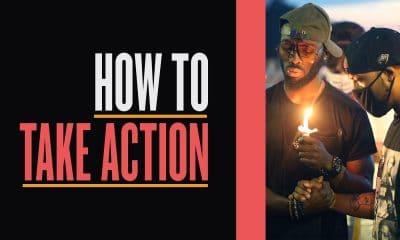
 CNET4 years ago
CNET4 years ago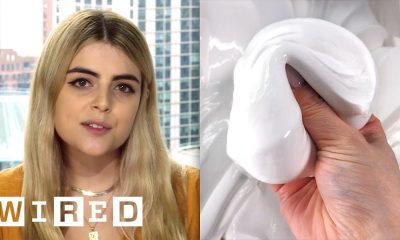
 Wired5 years ago
Wired5 years ago
 Wired5 years ago
Wired5 years ago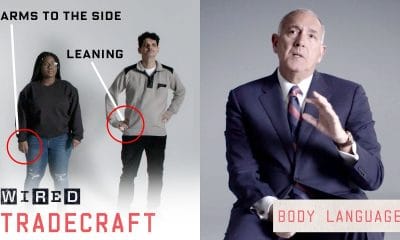
 Wired5 years ago
Wired5 years ago
 People & Blogs2 years ago
People & Blogs2 years ago
 Wired5 years ago
Wired5 years ago



